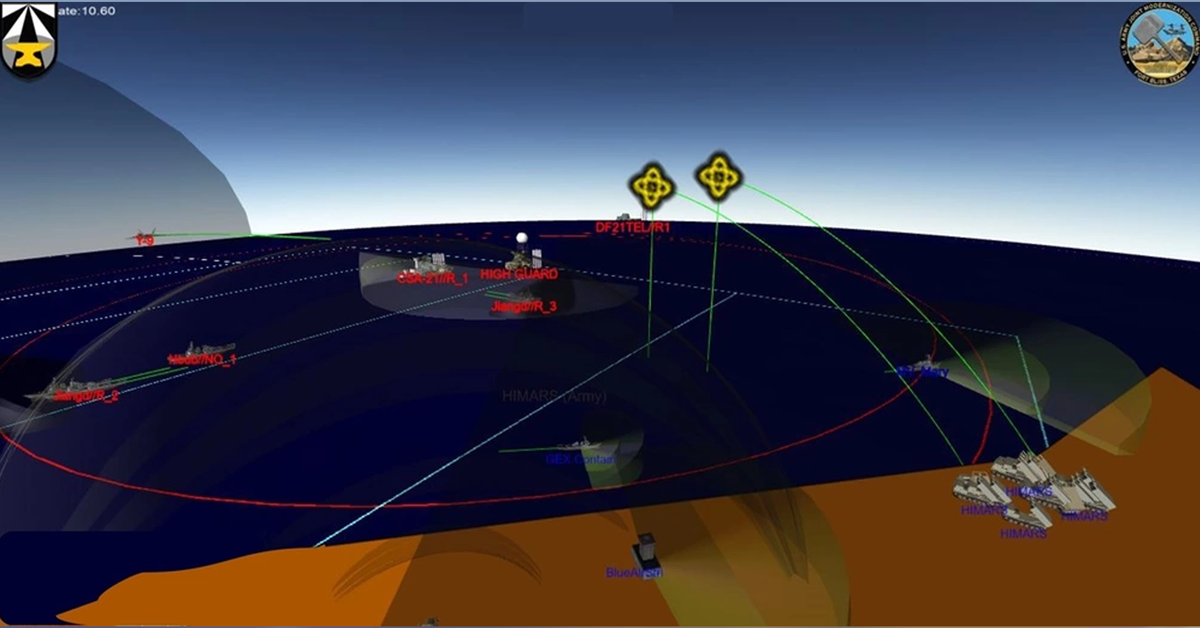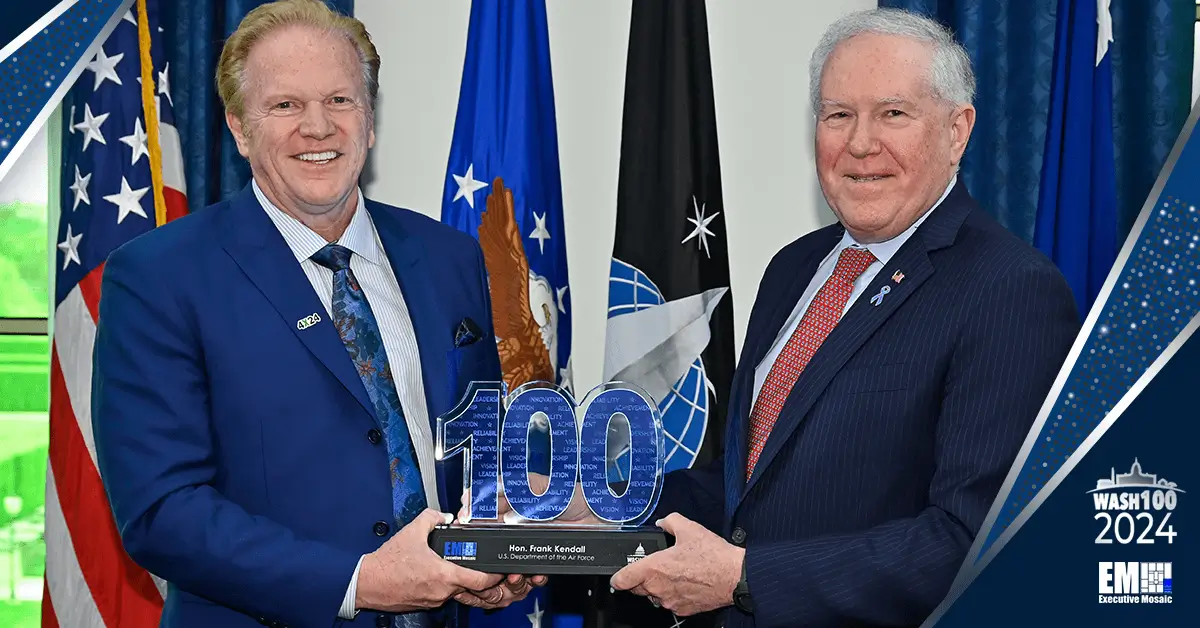As a collective entity united under the mission of achieving Joint All Domain Command Control, the U.S. military has intensified its spending on developing various technologies to benefit intelligence-gathering. Artificial intelligence and machine learning, as well as various data-sharing and cybersecurity tools have undergone a renewed focus and interest from Department of Defense officials, as seen in the $768 billion budget codified by the National Defense Authorization Act in Dec. 2021.
According to prognosticators, the coming year’s budget looks to likely expand even further due to the conflict in Ukraine as well as looming threats from near-peer adversaries such as China, North Korea and Iran. Various military leaders have ideas for how to address and strengthen potential vulnerabilities in American systems and strategies.
If you are interested in this topic and would like to know more, please join us for GovCon Wire’s Dec. 14 event, Military Services Intelligence: Plans and Priorities Forum. It will be held at the scenic 2941 Restaurant in Falls Church, Virginia and accompanied by a delicious breakfast. You can register here.
At an Open Innovation Lab roundtable in August, Brig. Gen. Ed Barker, deputy of the Program Executive Office for Intelligence, Electronic Warfare and Sensors, said that in 2023, the U.S. Army will be putting its weight behind the creation of an office focused on offensive cyber and space strategies, saying that the office’s inception is an indication of a shift in priorities for the DOD.
The Program Manager Cyber and Space office will take the cyber concerns of a PEO IEW&S subdivision away, leaving it to concentrate on electronic warfare.
“That’s one of the things we’re driving toward,” Barker said of the reorganization, as reported by Defense News. “So we’re definitely trying to realign to some of those emerging priorities and areas.”
Barker will be among the esteemed speakers at the GovCon Wire event during the panel discussion that will close out the day’s proceedings. During the panel, he will be joined by Associate Deputy Chief of Staff for Intelligence, Surveillance and Reconnaissance for the U.S. Air Force Kenneth Bray; Director of Intelligence for Headquarters, Air Combat Command in the USAF Brig. Gen. Steve Gorski; and Deputy Commander in the Office of Naval Intelligence Andrew Richardson.
Delivering the day’s keynote address will be Vice Adm. Jeffrey Trussler, deputy chief of naval operations for information warfare. At past engagements, Trussler has cautioned that the U.S. government needs to embolden critical systems such as GPS and be wary of glitches and small errors that could trigger massively consequential — and expensive — impacts to mission effectiveness.
“You can have the greatest machine war machine ever put to sea, but somehow, [if] it gets some misinformation — not a critical hack or something to the machine itself – but something that supplies that machine information, that can really throw it off,” Trussler remarked in Aug. 2021 at the Navy League’s Sea Air Space symposium.
Trussler stated that he thinks close collaboration between the public and private sector could help stave off problems that may result in a price tag as high as $35 billion for a 30-day GPS outage, Defense News said.
“We all want to be mustering up together to make sure that those things are secure, or that we have the resiliency to operate without or when they’re in a degraded environment,” Trussler continued.
Trussler is also director of naval intelligence N2/N6 information warfare at the Office of the Chief of Naval Operations within the Department of the Navy.

For a detailed, thorough discussion of these topics and more from these high-ranking representatives in the Departments of the Air Force, Navy and beyond, come to 2941 Restaurant for the Military Services Intelligence: Plans and Priorities Forum on Dec. 14. You can register for the event here.







